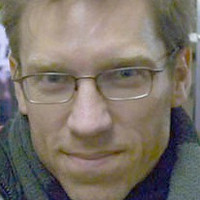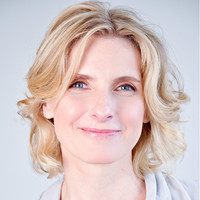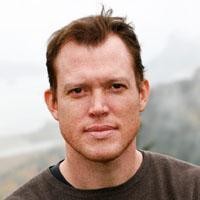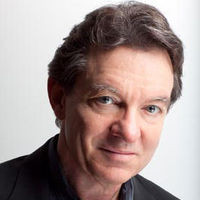Masha Gessen has written for The New York Times, The London Review of Books, Vanity Fair, and others. Her book about Tamerlan and Dzhokhar Tsarnaev, The Brothers: The Road to an American Tragedy, came out in April.
“The moment she said it, it was obvious that I'd been created to write this story. I'd covered both wars in Chechnya. I'd covered a lot of terrorism. I'd studied terrorism. And I'd been a Russian-speaking immigrant in Boston, which actually is the most important qualification for writing this book. It didn't give me special knowledge, but it gave me a lot of questions that I knew to ask that other people wouldn't.”
Thanks to TinyLetter, Trunk Club, and Casper, for sponsoring this week's episode.













